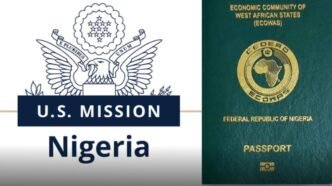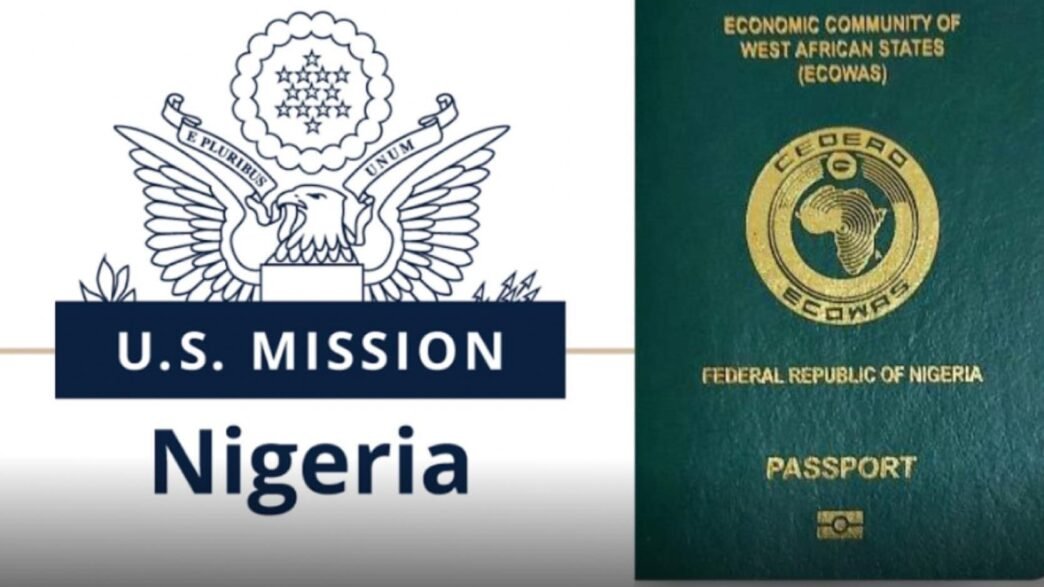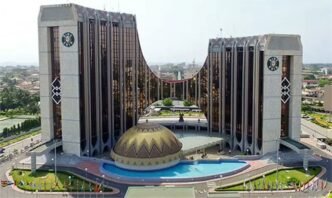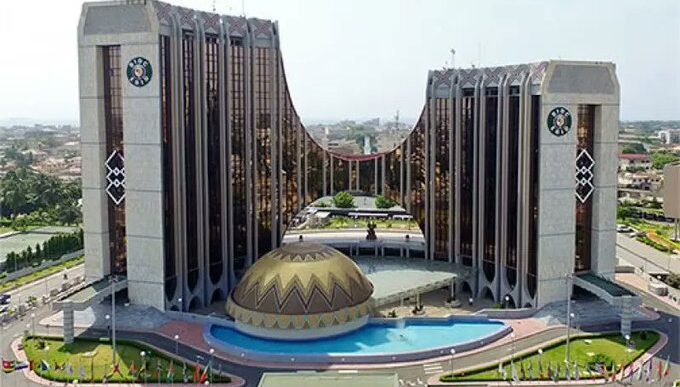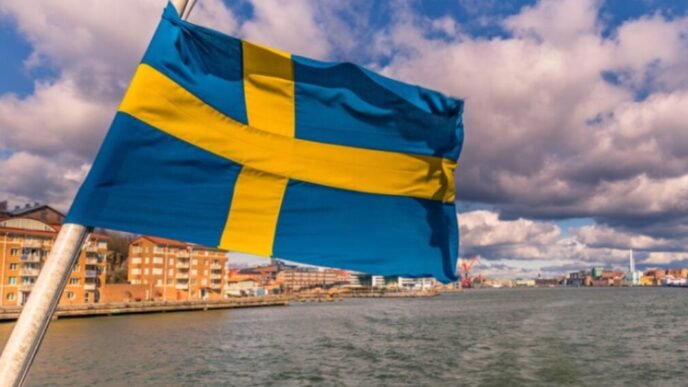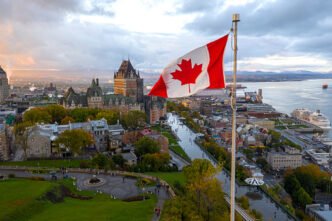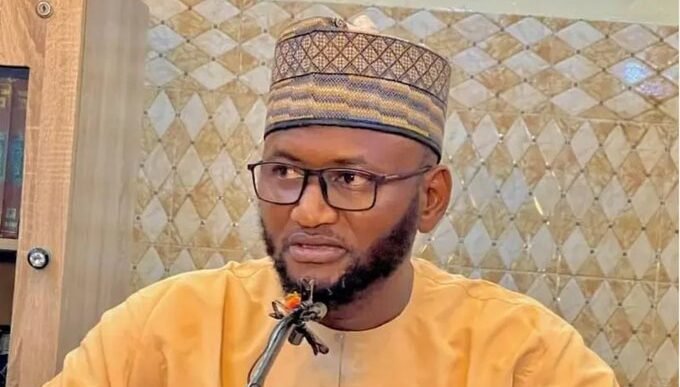Applying for a United States visa has always been a subject of concern for Nigerians, not only because of the complex screening process but also due to the costs involved. Among the biggest frustrations for many applicants is the non-refundable nature of U.S. visa fees. Each year, thousands of Nigerians pay significant sums in application fees, yet only a portion of them are granted visas. The reality that the money cannot be refunded—regardless of approval or denial—has raised questions and debates across the country.
This article explores why U.S. visa fees are non-refundable, the legal and administrative reasons behind the policy, its implications for Nigerians, and what applicants need to know before embarking on the process.
Understanding U.S. Visa Application Fees
A U.S. visa application requires payment of a Machine-Readable Visa (MRV) fee. This fee varies depending on the type of visa being sought. For instance, non-immigrant visas, such as tourist, student, or business visas, carry fees ranging between $185 and $315. Certain specialized visa categories attract even higher fees.
For Nigerians, this cost translates into a significant sum in naira due to the fluctuating foreign exchange rate. On average, many applicants pay over ₦250,000 per person for a standard application. Families applying together often spend upwards of a million naira, and if denied, they walk away with nothing but disappointment.
Why the Fees Are Non-Refundable
The non-refundable policy of U.S. visa fees is not unique to Nigerians—it applies to all applicants worldwide. According to the U.S. Department of State, the main reasons include:
1. Administrative Costs
Every application triggers a series of administrative processes that require resources, whether or not a visa is issued. These include background checks, biometrics, documentation reviews, and security screenings. Once the process begins, the U.S. government has already incurred costs that the application fee helps cover.
2. Non-Guaranteed Service
A visa application is not a guaranteed service like buying a product. Instead, it is a request for consideration. The fee is essentially payment for the evaluation process, not for the visa itself. This distinction means that the U.S. government fulfills its obligation by reviewing the application, regardless of the outcome.
3. Global Policy Uniformity
The United States applies the same rule to applicants worldwide, ensuring fairness and uniformity. If refunds were possible, it could lead to logistical complications and inconsistencies across countries. By keeping the rule universal, the U.S. maintains a streamlined system.
4. Discouraging Frivolous Applications
The non-refundable fee also serves as a deterrent against frivolous or unserious applications. By attaching a financial cost, the U.S. ensures that applicants are deliberate and prepared before initiating the process.
The Nigerian Context: Why It Feels Harder
While the policy is global, its impact feels more severe in Nigeria due to several factors:
- High Denial Rates: Nigeria has historically recorded some of the highest U.S. visa refusal rates in Africa. According to available data, refusal rates for tourist and business visas often exceed 60%. This means a majority of applicants lose their fees.
- Exchange Rate Pressures: With the naira weakening against the dollar, the real cost of visa fees has skyrocketed. What was once a relatively manageable amount has become a heavy burden for middle-class Nigerians.
- Multiple Attempts: Many applicants reapply after being denied, hoping for a different outcome. Each attempt requires a fresh payment, compounding financial losses.
Real-Life Experiences
Several Nigerians share stories of how the policy has affected them:
- Tolu, a Lagos-based entrepreneur, applied twice for a U.S. business visa and was denied both times. “I spent nearly ₦500,000 in total. What hurts most is not just the denial but the fact that the money is gone forever,” he says.
- Adaora, a postgraduate student hopeful, saved for months to apply for a U.S. student visa. She was denied due to perceived insufficient ties to Nigeria. “It felt like I paid for heartbreak,” she laments.
- Chinedu, a father of four, spent over a million naira applying for his family’s visas. Only his wife was approved. “The loss is huge, but what choice do we have if we want better opportunities?” he explains.
Expert Opinions
Immigration experts argue that while the policy may seem harsh, it is legally justifiable.
- An Abuja-based immigration lawyer, Barrister Ifeoma Okoye, notes: “The U.S. visa fee is essentially payment for processing, not for approval. Just like paying for an entrance exam, you are paying for the chance, not the guarantee of success.”
- Former consular officer, Michael Green, explains: “Even when a visa is denied, the work has been done. Officers spend time and resources evaluating every case, and that cost must be covered.”
Economic and Psychological Impact on Nigerians
The financial burden is only one side of the story. The non-refundable policy has psychological consequences too:
- Financial Strain: Many applicants borrow money or dip into savings to afford visa applications, only to lose the investment.
- Emotional Toll: Repeated denials can damage self-esteem and create feelings of rejection.
- Migration Pressures: For those desperate to leave, denials often push them to seek alternative, sometimes illegal, routes abroad.
Are There Any Exceptions?
Generally, visa fees remain non-refundable under all circumstances. However, some rare exceptions exist:
- If an applicant pays for the wrong visa category, the fee can sometimes be transferred within a limited period.
- In cases of embassy or consulate errors, corrections may be made, but outright refunds remain almost impossible.
Tips for Nigerian Applicants
Given the high stakes, applicants should take strategic steps to increase their chances:
- Prepare Thoroughly: Ensure all documents are accurate, complete, and up-to-date.
- Understand Eligibility: Research the specific visa category and requirements before applying.
- Show Strong Home Ties: Demonstrate credible reasons for returning to Nigeria, such as employment, property, or family commitments.
- Seek Guidance: Consult immigration experts or credible advisers before applying.
- Avoid Multiple Unprepared Attempts: Each new application means fresh fees, so applicants should only reapply when circumstances have genuinely changed.
Looking Ahead: Can the Policy Change?
It is unlikely that the U.S. will make visa fees refundable in the near future. The policy is rooted in administrative necessity and uniformity across all countries. However, Nigerian applicants can continue to lobby for reciprocal visa agreements or reduced fees through diplomatic engagement.
Some analysts suggest that the Nigerian government could negotiate for more flexible terms, especially for categories like students and professionals, who are seen as valuable contributors to the U.S. economy.
Conclusion
The non-refundable nature of U.S. visa fees remains one of the biggest frustrations for Nigerians seeking to travel, study, or do business in America. While the policy may feel punitive, it is grounded in administrative costs, fairness, and global consistency.
For Nigerians, the reality is that each application is a calculated risk. To minimize losses, applicants must approach the process with adequate preparation, realistic expectations, and proper guidance. Until bilateral agreements or global reforms change the rules, the best defense remains being well-informed and strategic before paying the hefty, non-refundable fee.

